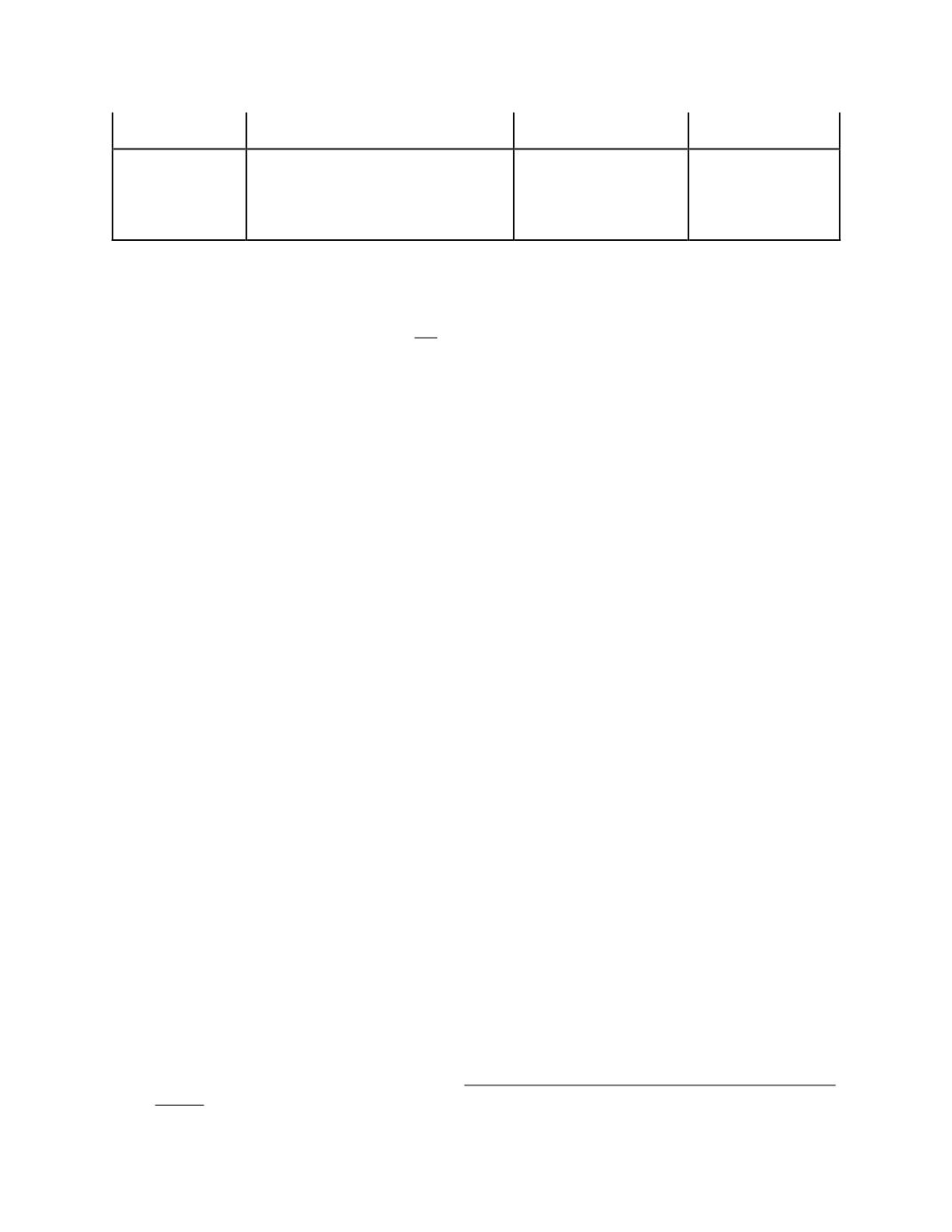

Reflection Paper-
Healthy People 2020
Informatics
8.
Explain confidentiality issues
related to use of technology in the
care of women, infants, and
children
Assigned reading and
study guide
ATI Maternal Newborn
Documentation module
Lecture
Exams
Quizzes
GRADE BREAKDOWN:
Exams:
95%
Quizzes/ Assignments:
5%
100%
GRADING POLICY:
The following grading scale is used:
92.0 - 100.00
= A
84.0 - 91.99
= B
76.0 - 83.99
= C
68.0 - 75.99
= D
Below 68
= F
There will be no rounding up of grades for any reason.
There is no extra credit offered.
GRADING:
Students have access to and should review the Pearson grading calculation method. Students are
responsible to know what their grades are during the course. Please review the gradebook frequently. If a
Pearson assignment or exam in the student’s gradebook says the assignment or exam has not been
submitted or has not been entered, it is then treated as a fact that the student did not do the assignment or
exam unless the student has written proof that they did in fact complete and submit such assignment/exam
as outlined in the directions. Make sure your assignments are submitted well before the due date so you
can make sure they are in. All gradebook questions must be addressed by the student to the lead instructor
at midterm and then again during the week before finals. There will be no changes accepted to the
gradebook regarding absent or late/missed assignments or late/missed exams during finals week. It is the
student’s responsibility to know what their grades are and contact the instructors or their nursing
coordinator for a plan to improve.
1.
Grades:
Grades are given for both theory classes and clinical performance of clinical nursing
courses. Students must earn a minimum grade of "C" with a maintained 2.5 GPA or better in all
required courses of the program. Students who fail a theory or clinical course will be dismissed
from the nursing program. A final grade of D or F is considered to be an unsatisfactory grade.
2.
Active Learning:
In addition to educational strategies such as reading, listening, and reflecting,
when appropriate this class makes use of learning techniques commonly known as active learning.
Students should expect to participate in active learning techniques such as discussions and
presentations, small group activities, writing, problem-solving, movement, case studies, role-
playing, etc. These activities promote analysis, synthesis, and evaluation of class content in order to
improve student learning outcomes.
3
.
Assignments/Quizzes/Clinical Paperwork:
All assignments will be completed in order to pass the
course. All assignments must be completed and submitted on time in the manner specified by the


















